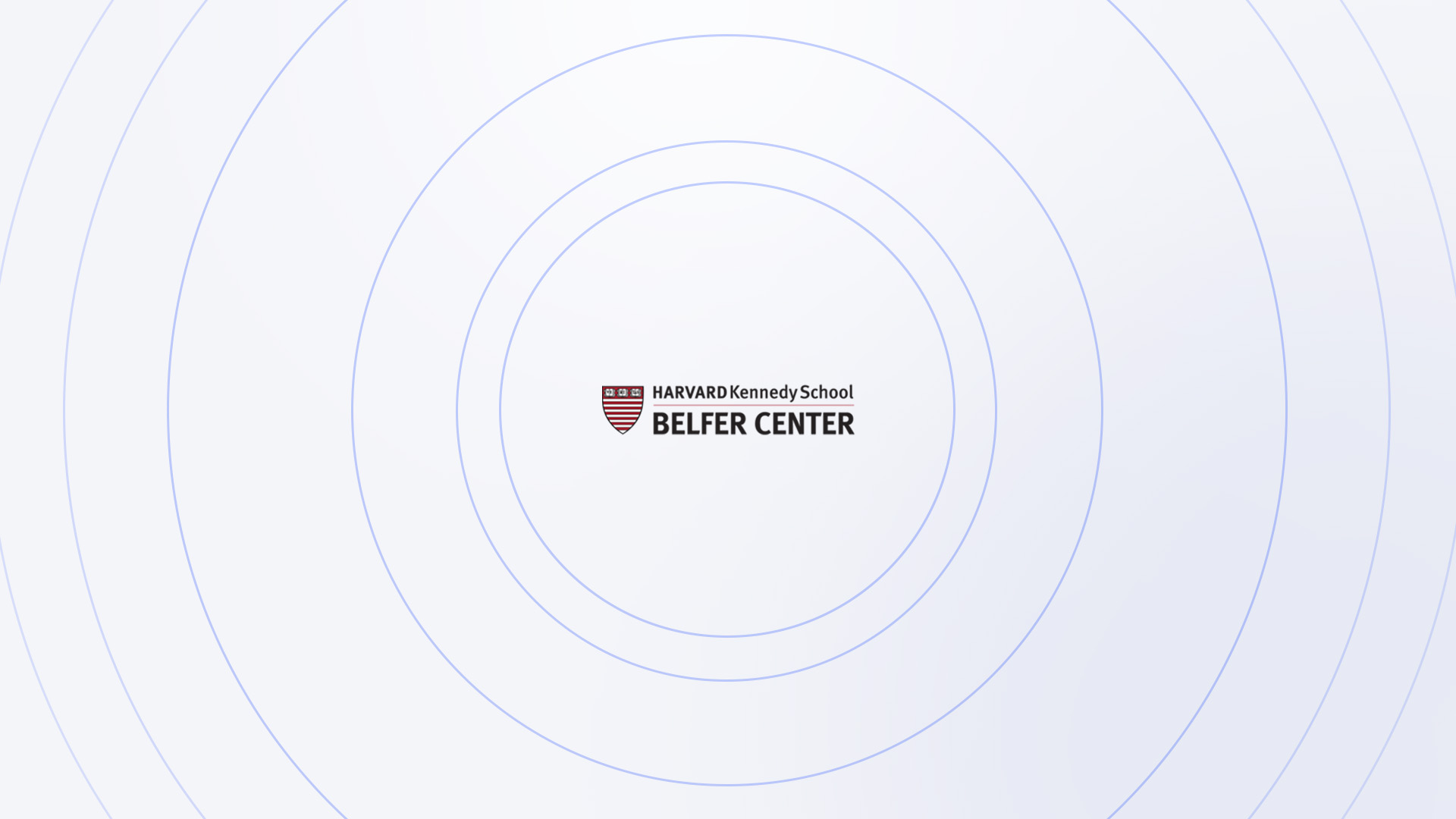
Roboze at Harvard’s The Future of Sustainable Plastics
Reducing the environmental impact of plastics for a sustainable future
Leveraging the advantages of plastics without contributing to the world’s environmental crisis. This is the theme of the seminar "The Future of Sustainable Plastics" organized by Harvard's Belfer Center on April 28th, where Roboze will be represented by the Founder & CEO Alessio Lorusso to share its vision in this context.
Today we have a huge opportunity to address sustainability at a systemic level through circular economy and by encouraging innovation and integration along the plastic value chain and thus reduce the environmental impact.
Roboze circular economy project to reduce plastic waste
For years, Roboze has been at the forefront of proposing a new production paradigm, starting from the overturning of the delocalized production model, which sees large standardized productions in a single point and shipped all over the world. Thanks to Roboze Distributed Manufacturing, in which specialized 3D printing centers with Roboze systems are distributed all over the world, it possible to produce finished parts wherever and whenever needed, reducing not only costs and times for end users, but also transport and excess inventory in the warehouse. But this obviously cannot be enough.
Additive manufacturing allows to reduce processing waste compared to traditional methods that consist in modeling a part from a block and subtracting material. The quantity of raw material is lower, reducing not only costs but also energy consumption, greenhouse gas emissions and resources. Despite this, the products continue to have a beginning and an end, and their life ends in the garbage and becomes unused waste. This is the origin of the Roboze circular economy project which started at the beginning of 2022 for the recovery of processing waste and disused parts to be reintroduced on the market for the benefit of end users and especially of the environment.
We are working to refine the management of the entire supply chain, at any cost and with all the necessary efforts. 3D printing technology can be one of the solutions to combat CO2 emissions, reducing transport and producing just in time and on demand, but if we don't take serious actions and generate plastic waste, then we will become part of the problem. At Roboze we want to be precursors of the solution. Our circular economy model will create zero waste and will represent the solution.
Alessio Lorusso, Founder & CEO of Roboze
More details will be addressed during the seminar "The Future of Sustainable Plastics" organized by Harvard's Belfer Center on April 28th. Click here to register.
Registration will remain open until the event begins.
